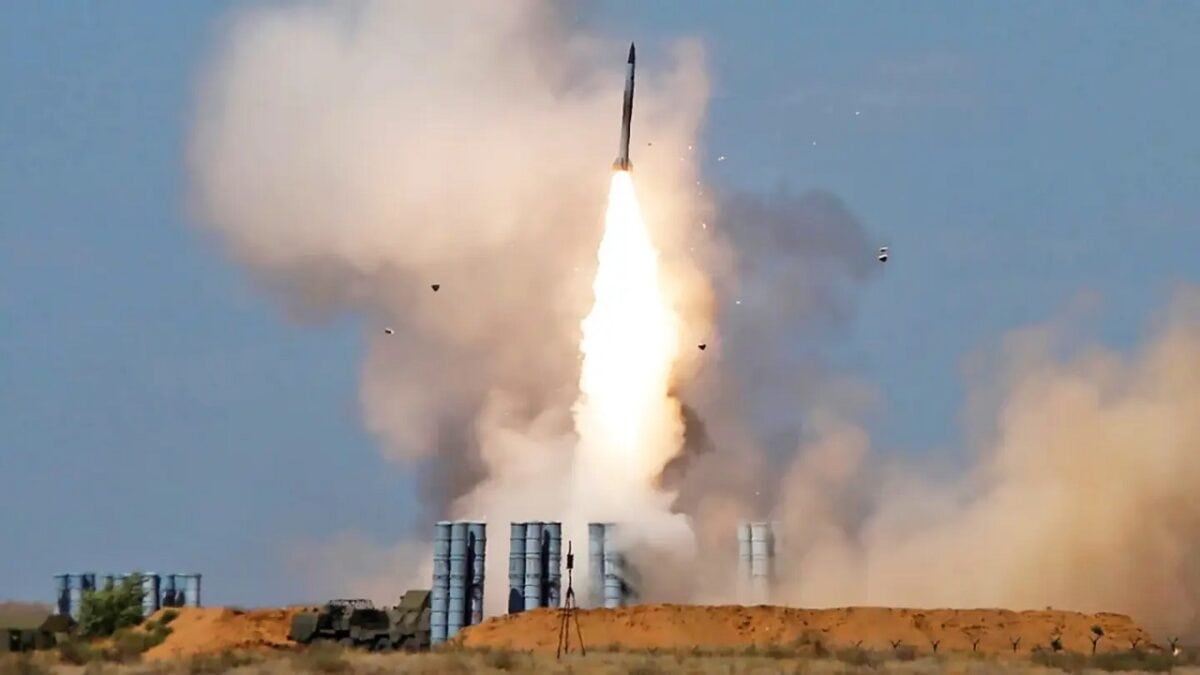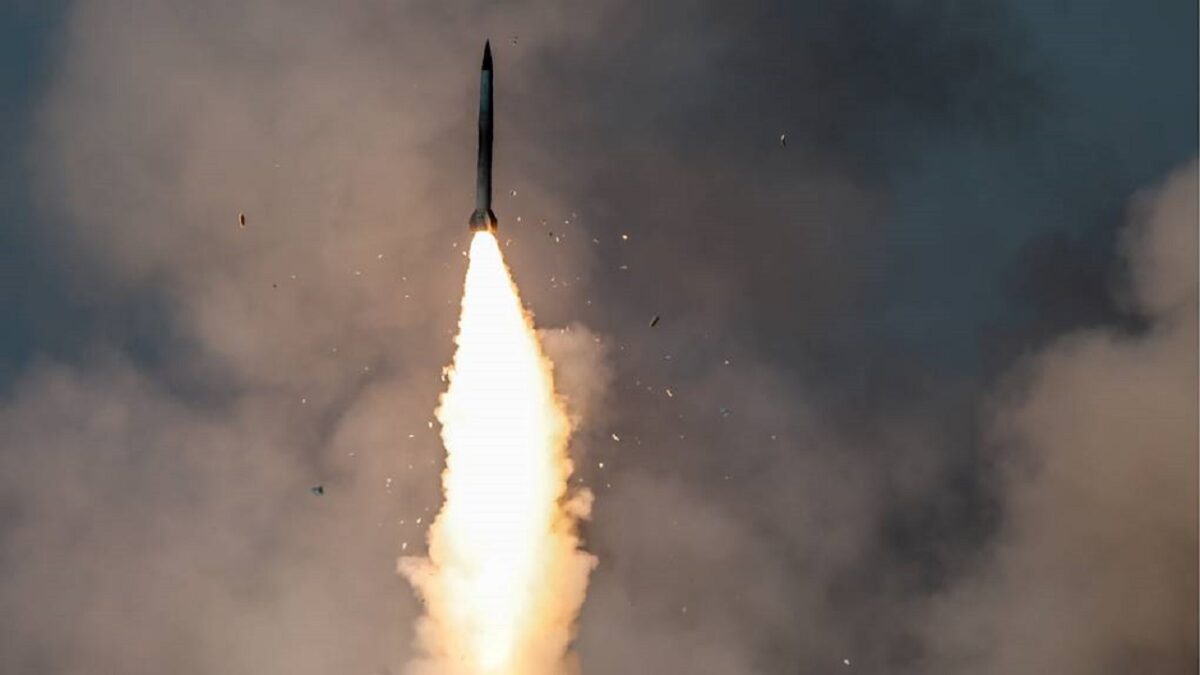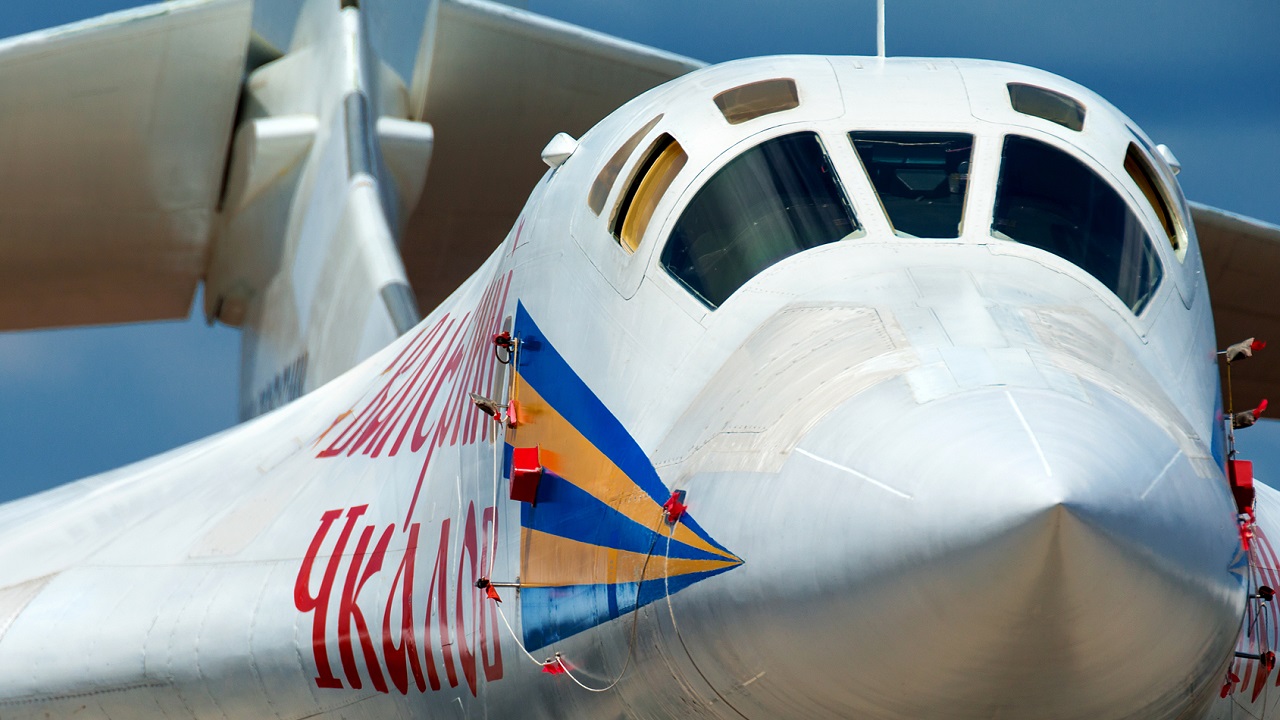Poland Missile Strike Was Unintentional, But Who’s to Blame: Russia or Ukraine?: Tuesday night’s missile explosion in Poland, which resulted in the deaths of two Polish citizens in a village along the border with Ukraine, seems not to have been a Russian strike after all. Immediate reports suggested that the missile was fired from a Russian position in Ukraine.
However, Polish President Andrzej Duda cast doubt on the story on Wednesday, with most reports suggesting that an S-300 air defense missile from Ukraine was the culprit.
“There is no indication that this was an intentional attack on Poland,” the Polish president said, adding that there are “many indications that it was an air defense missile that unfortunately fell on Polish territory.”
Speaking at the G-20 summit in Indonesia, U.S. President Joe Biden also suggested that the evidence suggests that Russia was not responsible for the strike.
“There is preliminary information that contests that. I don’t want to say that until we completely investigate. But it is unlikely in the minds [sic] of its trajectory that it was fired from Russia,” Biden said.
“But we will see, we will see.”
Russian authorities had already denied that their military was responsible for the strike before Western leaders concluded that it may have been a Ukrainian missile aimed at an incoming Russian missile.
The Russian Ministry of Defense claimed that the incident was a “deliberate provocation” designed to escalate the war.
“No strikes on targets near the Ukrainian-Polish state border were made by Russian means of destruction,” the statement reads, adding that the wreckage at the scene “has nothing to do with Russian weapons.”
It means that NATO is unlikely to trigger Article 5 – at least for now – but allows Western leaders to re-examine the situation in Ukraine and decide if now is the time to change the approach to defending Ukraine. Whether or not Russia conducted the strike, two innocent civilians in a NATO country died due to a weapon intended for use on the battlefield in Ukraine.
The Ukrainian military could be held responsible, but under the circumstances, that’s unlikely.
Poland Strike: Is Russia Still to Blame or Ukraine?
If Ukraine fired the missile that landed in Poland, it came in response to a fresh barrage of Russian missile strikes that caused death and destruction across Ukrainian cities on Tuesday afternoon and evening. The latest round of indiscriminate bombings from Russian forces saw around 100 missiles launched at residential buildings and infrastructure not just in the south and the east, but also in central, northern, and western Ukraine. The strike, therefore, may have simply been the result of Ukrainian soldiers attempting to destroy Russian missiles before they hit their intended targets.
Some could, therefore, still blame Russia for the incident – and it could prompt Western leaders to step up military assistance to Ukraine or even reassess the approach to ending this war entirely.
Italian Prime Minister Giorgia Meloni suggested on Wednesday that the incident in Poland remains the fault of Russia for launching attacks on Ukrainian infrastructure. Speaking to reporters at the G-20 summit in Bali, Indonesia, Meloni said that she had spoken to Polish Prime Minister Mateusz Morawiecki and remains convinced that, even if the missile turns out to be Ukrainian, the strike would not have occurred had they not been defending against incoming Russian attacks.
“The possibility that the missile falling on Poland was not a Russian missile but a Ukrainian one changes very little,” the recently elected Italian prime minister said.
NATO Secretary-General Jens Stoltenberg also told reporters in Brussels that the incident was not Ukraine’s fault.
“This is not Ukraine’s fault. Russia bears ultimate responsibility as it continues its illegal war against Ukraine,” Stoltenberg said.
Ukraine: What Now?
Rather than triggering Article 5, which would see NATO Allies consider taking any action deemed “necessary” to protect against an outside threat, some analysts predicted that the strike would see NATO countries trigger Article 4.
Writing on Twitter, University of St. Andrews Professor Phillips OBrien argued that the missile strike could see Allies come together in consultation and consider increasing support for Ukraine. By triggering Article 4 of the treaty, Allies would “consult together” on the next steps when the “territorial integrity, political independence or security of any of the Parties is threatened.”

S-300. Image Credit: Russian Ministry of Defense.

S-300 Missile Firing. Image Credit: Russian Military.
The consultation will probably result in more support for Ukraine, particularly air and anti-air power,” Obrien said, adding that the discussion would likely give Poland “some real influence.”
The strike may ultimately encourage Western countries to take Ukraine’s recent requests for more air defense systems more seriously, though the threat posed to neighboring countries as missile strikes intensify in Ukraine may also encourage Western leaders to pursue diplomatic measures to bring an end to the conflict sooner.
Turkish President Recep Tayyip Erdogan, who has led the way in advocating for a diplomatic solution to the war since the beginning of the conflict, is already pushing the two countries to return to peace talks.

